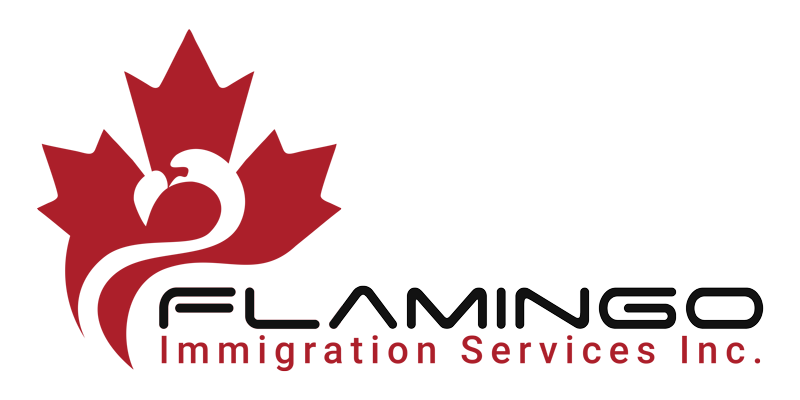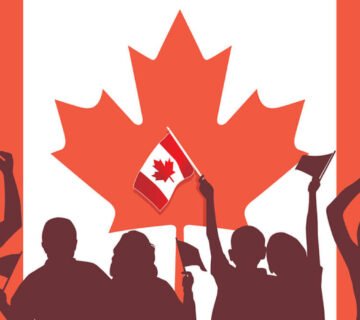On March 16, the federal government announced its decision for turning a 2018 pilot program into a new permanent scheme and removing some barriers for many foreign citizens with disabilities.
Immigration, Refugees, and Citizenship Canada (IRCC) formerly refused entry to those whose personal treatment would cost the government more than $7,000 a year. Many citizens believed that this law was demeaning to people with disabilities and that it contradicted Canadian principles like equality and integrity.
Canada has already raised the limit to about $21,000 which makes it more difficult for a person in need of medical or social assistance to be refused entry to Canada.
Excessive demand is currently described in Canadian immigration laws as either one or both of the following: an individual for whom providing public services would trespass the median annual cost or would increase waiting time to Canadians. Ahmed Hussen, the immigration minister of the time, used his influence in 2018 to develop a pilot plan that was less strict and more experimental. Excessive demand, according to Hussen, is three times the average cost of health and social care in Canada.
Special education, occupational and behavioral therapy, and personal non-professional assistance programs such as food preparation, grooming, and dressing were also excluded from the ultimate costs, enabling the government to carry with a less restrictive strategy when reviewing and assessing the applicants.



